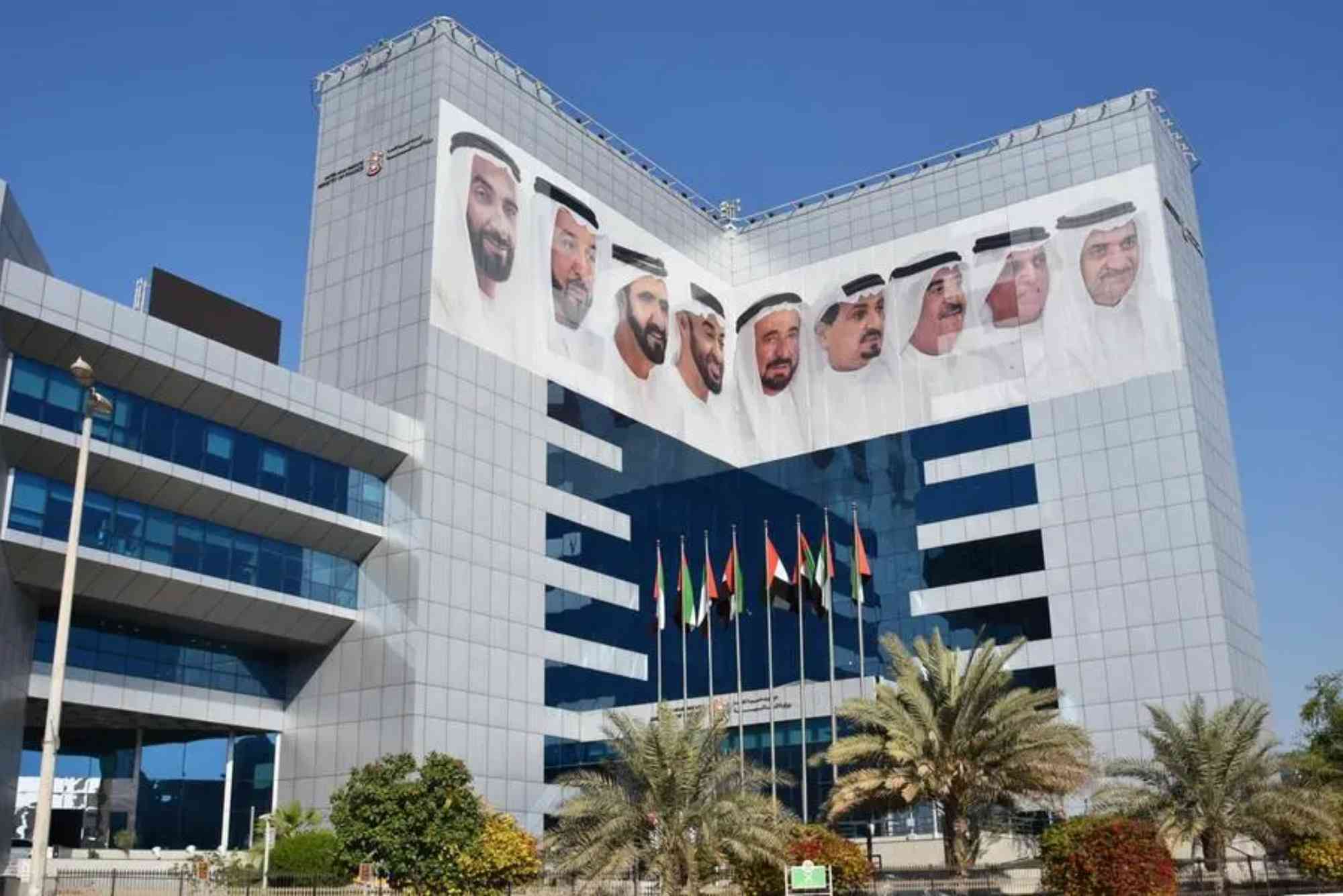Role of the Ministry of Finance UAE in Economic Growth
The Ministry of Finance UAE plays a central role in shaping the country’s economy. From drafting budgets to leading global financial partnerships, its work directly influences national growth and prosperity. As the UAE pushes towards economic diversification and sustainability, the Ministry’s strategies are more crucial than ever.
In this article, we’ll explore the key responsibilities of the Ministry of Finance UAE, its impact on fiscal stability, investment, and development, and why its vision is pivotal to the UAE’s long-term economic success.
What is the Ministry of Finance UAE?
The Ministry of Finance UAE is the federal entity responsible for developing and implementing financial policies, managing the federal budget, and enhancing financial sustainability. Its work supports government performance, boosts investor confidence, and ensures public funds are managed efficiently.
Vision and Mission
The Ministry’s vision is to be a global leader in financial management and fiscal policy. It aims to provide a stable economic environment through transparency, innovation, and proactive governance.
Strategic Goals
- Achieving financial sustainability
- Enhancing UAE’s global competitiveness
- Strengthening partnerships with international financial institutions
- Developing advanced digital services for financial operations
Contribution to National Economic Growth
Federal Budget Management
One of the Ministry’s core responsibilities is preparing and executing the federal budget. A well-planned budget helps allocate resources efficiently, reduce deficits, and fund strategic national projects in sectors like infrastructure, education, and healthcare.
The Ministry also ensures that budgetary policies align with the UAE Vision 2031—a national roadmap to create a sustainable, diversified economy.
Fiscal Policy and Economic Stability
The Ministry designs and implements fiscal policies to manage public spending, reduce debt, and stimulate economic growth. During global crises, such as the COVID-19 pandemic, the Ministry introduced stimulus packages to support businesses and individuals.
This proactive fiscal response helped the UAE recover faster than many other economies.
Enhancing the Investment Environment
The Ministry of Finance UAE works to attract foreign direct investment (FDI) by improving the legal and regulatory framework. It ensures that financial legislation is investor-friendly, transparent, and aligned with global standards.
Its role in negotiating double taxation agreements and investment protection treaties is also key to boosting investor confidence.
For instance, the UAE has signed over 130 double taxation avoidance agreements, reducing tax barriers and enhancing trade.
Collaboration with International Financial Institutions
The Ministry maintains strong ties with global financial bodies like the International Monetary Fund (IMF), World Bank, and OECD. These relationships enable the UAE to exchange knowledge, access international funding mechanisms, and align its fiscal policies with best global practices.
This not only boosts the country’s credibility but also opens doors for global investments and partnerships.
Ministry of Finance UAE Digital Transformation
Smart Financial Systems
The Ministry has embraced digital transformation to improve transparency, speed, and accuracy in financial operations. Initiatives like the Smart Financial System (SFS) allow real-time tracking of budget performance, procurement, and financial reporting.
These systems help eliminate bureaucracy and promote data-driven decision-making.
E-Dirham System
One of the Ministry’s most impactful projects is the e-Dirham system—a digital payment gateway for government services. This platform enhances financial inclusion and streamlines government revenue collection.
Blockchain and FinTech Integration
To stay ahead in the digital economy, the Ministry is exploring the use of blockchain technology, artificial intelligence, and FinTech solutions in public finance. This shows a commitment to innovation while ensuring secure and efficient financial management.
Promoting Economic Diversification
The Ministry plays a central role in guiding the UAE away from oil dependence by supporting non-oil sectors such as tourism, logistics, manufacturing, and technology.
Tax Policy Implementation
The introduction of Value Added Tax (VAT) in 2018 and the Corporate Tax system in 2023 were major milestones. Both are overseen by the Ministry and are essential for diversifying revenue streams while maintaining transparency and investor trust.
Revenue from VAT and Corporate Tax is reinvested into public services, economic development, and infrastructure projects—helping to build a resilient and diversified economy.
Public-Private Partnerships (PPPs)
To boost infrastructure development without overburdening public finances, the Ministry supports Public-Private Partnership frameworks. These models attract private capital for national projects, increasing efficiency and encouraging innovation.
For example, several energy, transport, and healthcare projects in the UAE have been successfully executed through PPPs.
Support for Small and Medium Enterprises (SMEs)
The Ministry recognizes that SMEs are the backbone of the economy. Through fiscal incentives, funding schemes, and policy reforms, it ensures that SMEs have the tools and support they need to grow.
Collaboration with institutions like the Emirates Development Bank also enables easier access to finance for startups and small businesses.
Transparency, Governance, and Anti-Corruption
Transparency and accountability are key pillars of the Ministry’s strategy. It adheres to international standards in financial reporting, conducts regular audits, and uses performance indicators to measure efficiency.
These practices enhance public trust and encourage ethical financial governance.
Sustainability and Green Finance
The Ministry has also begun to integrate sustainability goals into fiscal policy. By promoting green bonds, sustainable finance frameworks, and environmentally responsible procurement, it aligns financial planning with climate goals.
This supports the UAE’s Net Zero 2050 strategy and positions the country as a regional leader in sustainable finance.
Future Outlook: What Lies Ahead?
The Ministry of Finance UAE is set to play an even larger role as the nation moves toward Vision 2031 and beyond. Focus areas include:
- Advanced AI-based financial forecasting
- Greater international tax cooperation
- Increased financial transparency
- Strengthening of ESG (Environmental, Social, Governance) integration
Through consistent innovation and policy reform, the Ministry will continue to drive sustainable, inclusive, and long-term growth.
Why the Ministry of Finance UAE Matters
From managing the national budget to driving international investment, the Ministry of Finance UAE is a cornerstone of economic growth. Its forward-looking policies, digital transformation, and commitment to transparency make it a key player in the UAE’s success story.
As the global economy evolves, the Ministry is ensuring that the UAE remains stable, competitive, and well-prepared for the future.
Stay informed, invest wisely, and explore more about how financial governance shapes national growth.
FAQs About the Ministry of Finance UAE
What does the Ministry of Finance UAE do?
The Ministry manages the federal budget, develops fiscal policy, oversees tax laws, and ensures financial sustainability.
How does the Ministry of Finance UAE help the economy?
It supports economic growth by managing public spending, attracting investment, and promoting diversification.
What is the federal budget in the UAE?
The federal budget outlines government spending on education, healthcare, infrastructure, and more, prepared by the Ministry annually.
What is e-Dirham in the UAE?
e-Dirham is a digital payment platform developed by the Ministry to facilitate secure government transactions.
What is the role of the Ministry in taxes?
The Ministry designs and enforces tax policies like VAT and Corporate Tax to diversify revenue and support public services.
How does the Ministry attract foreign investors?
Through legal reforms, tax treaties, and international partnerships, it creates a favorable business environment.




